Improve Your Memory: The Case Against Crosswords and Google
This article was originally published in Psychology Today on Alan Castel’s blog, Metacognition and the Mind.
Do you enjoy crosswords, or are you just becoming better at something you’re already good at?
And if you can’t recall some bit of information, should Google always be the answer?
People are often drawn to puzzles. Challenging puzzles allow us to engage our curiosity, and in a way, we all like to be detectives. In terms of recalling trivia and crossword puzzles, there is something pleasurable and rewarding about the exercise of retrieving some little known bit of information from memory.
Crossword puzzles can be very challenging, but with more life experience reading and solving word puzzles, we get better at them. As a result, some research suggests that doing crossword puzzles don’t really challenge the aging brain in terms of coming up with novel insights or use of reasoning skills, or for that matter, doesn’t even help improve memory [1]. So, what might be happening is that one is strengthening an already strong area of cognition—word retrieval and vocabulary. Compared to learning the name of a new person (a new association), crosswords give fragmented clues or cues to retrieval an already-known word. So, if one really wants to improve memory, crosswords are low on the list of good exercises, as you are likely already doing well in this area.
However, enhanced vocabulary and crossword experience can be used as a form of “scaffolding” to promote learning of new information. Say, for example, you want to learn bird names, or the names of trees. Let’s say you are trying to learn and identify a bird, the New Word Warbler. Tying the bird name to information you might already know, perhaps a more obscure bit of information, can occur by asking some questions: Why is it from the New World? What does the word warble mean? Doing this can then enhance the memorability of the bird name. So, in a sense, you are creating a puzzle that is connected like this: The bird comes from far away (the old world) but is now here in the New World, and the sound of the bird is a shrill chirp, or warble). The word warble is actually a low-frequency word, and is not used often in the English language, so younger people may not be overly familiar with it. This type of crossword-like exercise engages deeper levels of processing compared to crossword puzzles, than more shallow properties of the word that constrain or guide the search for words based on the number of letters or the second letter of the word, as is often the case with crossword puzzles.
Scaffolding, by using one’s rich vocabulary, can also be used to enhance the learning of names, something that is a common complaint among people young and old. Imagine you meet some whose name is Theodore. You can try to remember this name by linking it to other Theodores you might know (depending on your knowledge base, such as Theodore Roosevelt or Theodore Hertzl), then use your crossword knowledge to do new associative learning. 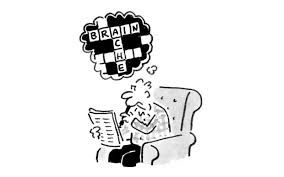 Theos, latin for god, often used in terms such as theology, theopolis, the Theo brand of chocolate, so you would link the new person to these terms. Of course, that is why we are careful when naming children, due to the associative nature of names—but you can take advantage of the many possible associations to enhance name learning, especially if you have a good knowledge structure of the origins of language, something that tends to get better with age.
Theos, latin for god, often used in terms such as theology, theopolis, the Theo brand of chocolate, so you would link the new person to these terms. Of course, that is why we are careful when naming children, due to the associative nature of names—but you can take advantage of the many possible associations to enhance name learning, especially if you have a good knowledge structure of the origins of language, something that tends to get better with age.
If you enjoy crossword puzzles, you shouldn’t stop playing them, but perhaps be aware of what processes you are using to recall information. Some people play in pairs, and quiz each other, making it a fun game. But if you want to work on aspects of memory that are more challenging in older age, try learning the names of trees or birds. At first, it can be a daunting task, compared to crosswords. But after a while, learning new terms, by relating them to other words or concepts you already know, can also be a fun game that leads to new learning. Then quiz yourself, or have others test you, so that you can reinforce what you have learned. In time, bird retrieval could become as enjoyable as a crossword puzzle. In addition, recent research has also shown the benefits of being bilingual, and learning a second or third language, as this can enhance inhibitory abilities that can potentially ward off the onset of Alzheimer’s disease [2]. Thus, new learning and managing one’s memory (such as thinking in several languages) can have important benefits.
Back to the tip of the tongue state, something that happens more often when we are older simply because we have more information stored in our brain, so it can be harder to find what we are looking for (but that doesn’t mean it is gone, and forgotten). How many times do you have something on the tip of your tongue, but want to come up with the answer yourself, rather than have a friend or Google ruin the retrieval trip.
If you eventually resolve this frustrating — sometimes pleasurable — experience by generating the information yourself, you are then better able to recall this information later [3]. However, simply Googling it, or h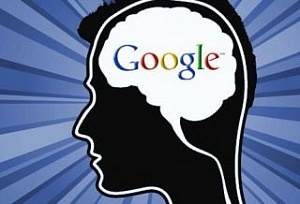 aving someone else offer the answer, might make it so that you’ll need to hunt for the elusive fact again some time in the future. So, the challenge of retrieval, and then the strengthening of the retrieval pathway, is the best way to enhance learning [4]. Testing is not just something in school, but something that people of any age can benefit from [5].
aving someone else offer the answer, might make it so that you’ll need to hunt for the elusive fact again some time in the future. So, the challenge of retrieval, and then the strengthening of the retrieval pathway, is the best way to enhance learning [4]. Testing is not just something in school, but something that people of any age can benefit from [5].
Easy learning leads to fast forgetting, so sometimes it is good to make things a little difficult for yourself, a concept known as desirable difficulties [6]. Working with your memory can be a voyage in the sea of information in your head: enjoy the trip as you might recall other related memories along the way. Sometimes the mental journey is better than the inn.
Copyright Alan Castel
References
[1] Hambrick, D. Z., Salthouse, T. A., & Meinz, E. J. (1999). Predictors of crossword puzzle proficiency and moderators of age–cognition relations. Journal of Experimental Psychology: General, 128, 131-164.
[2] Craik, F. I. M., Bialystok, E., & Freedman, M. (2010). Delaying the onset of Alzheimer disease: Bilingualism as a form of cognitive reserve. Neurology,75, 1726–1729.http://doi.org/10.1212/WNL.0b013e3181fc2a1c(link is external)
[3] Gardiner, F. M., Craik, F. I., & Bleasdale, F. A. (1973). Retrieval difficulty and subsequent recall. Memory & Cognition, 1, 213-216.
[4] Karpicke, J. D., & Roediger, H. L. (2008). The critical importance of retrieval for learning. Science, 319, 966-968.
[5] Meyer, A. N., & Logan, J. M. (2013). Taking the testing effect beyond the college freshman: Benefits for lifelong learning. Psychology and Aging, 28, 142-147.
[6] Bjork, E. L., & Bjork, R. A. (2011). Making things hard on yourself, but in a good way: Creating desirable difficulties to enhance learning. Psychology and the real world: Essays illustrating fundamental contributions to society, 56-64.


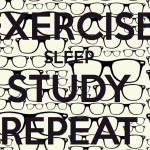



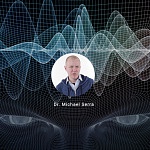
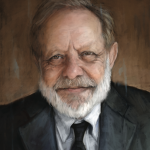



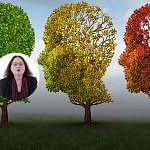
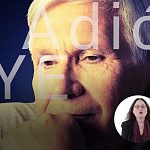
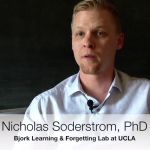

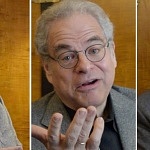

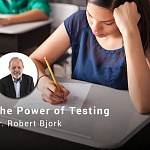
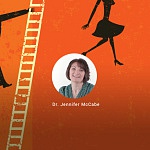
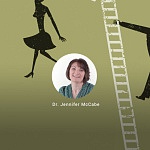


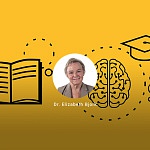

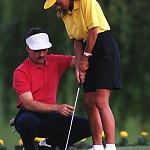
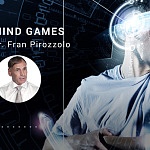



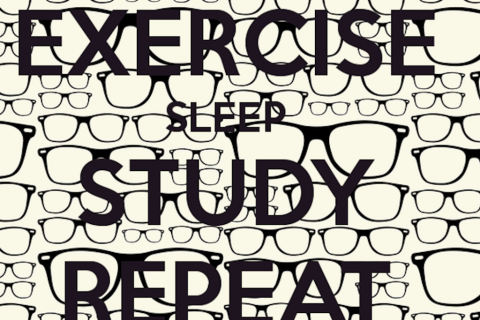
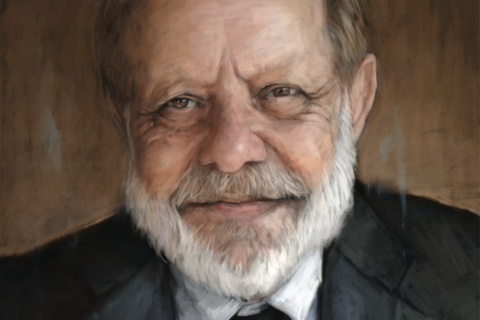
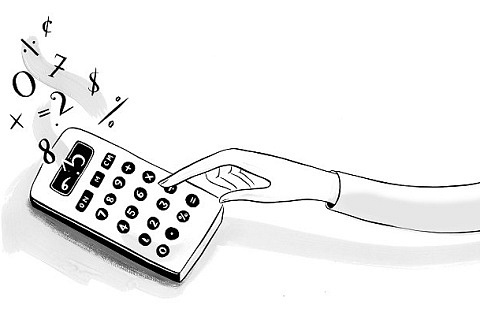
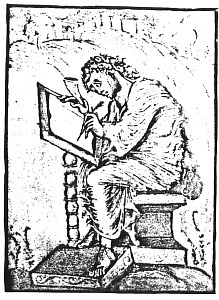
Leave a Reply
You must be logged in to post a comment.